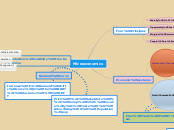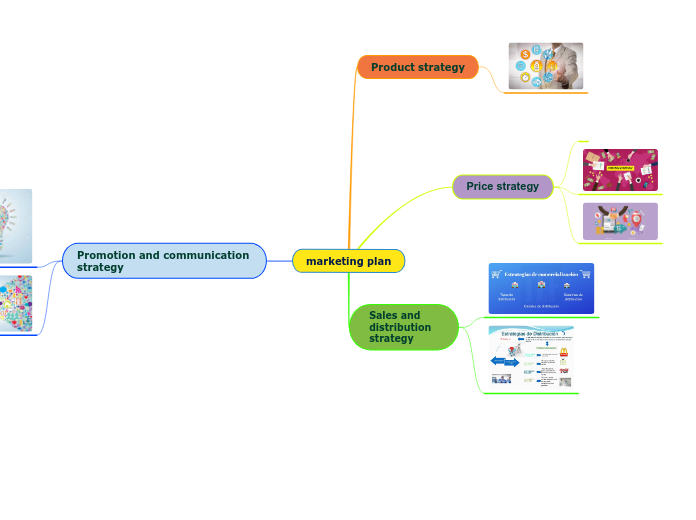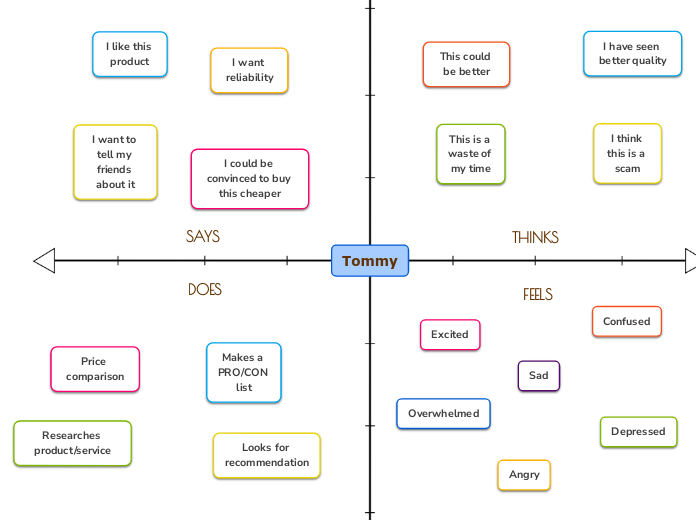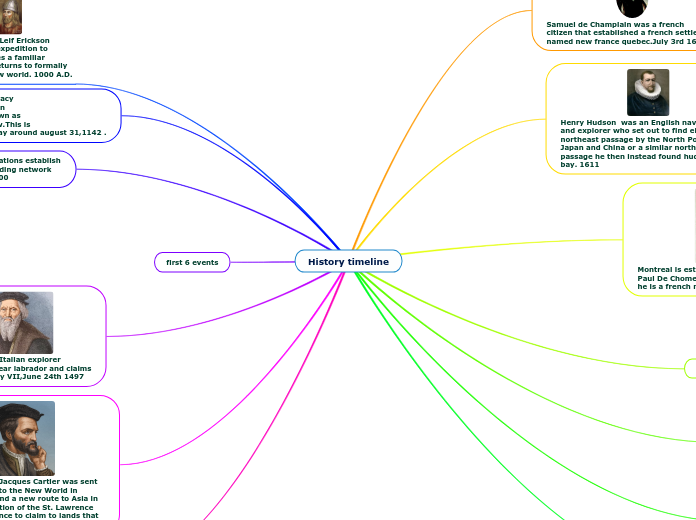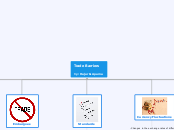par Ciara Duff Il y a 6 années
177
Microeconomics
The text discusses various economic concepts and systems, highlighting the dynamics of demand curves and the principles underpinning economic decisions. It contrasts free market economies, characterized by low government interference and driven by self-interest, with command economies where government involvement is significant.
